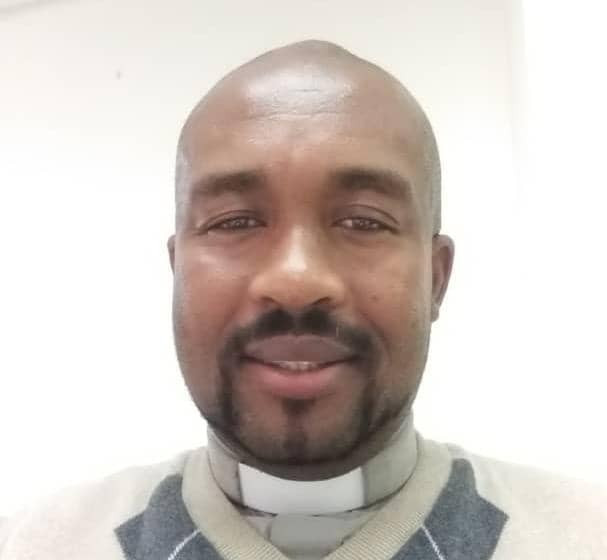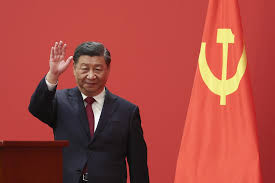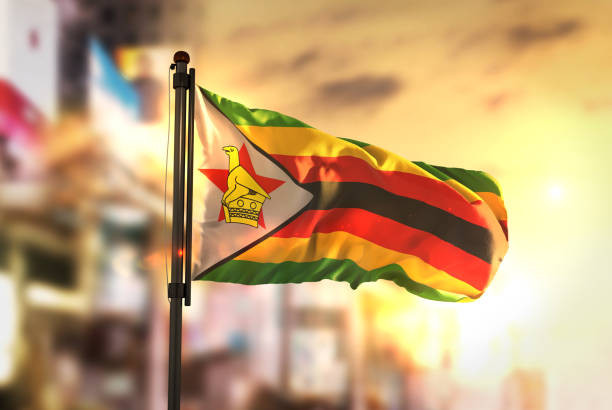
BY YVONNE MOOKA
In a Botswana rural community where a few can afford funeral insurance policies, villagers have come up with an initiative to ensure that everyone gets a decent burial, including the poorest by pooling together the little resources they have.
Community members from Ntlhantlhe village in Southern District, located about 47 kilometres from the capital Gaborone, contribute P20 (US$1.40) each to a fund known as Lotlharapana that is used to cover funeral expenses.
The village of 3000 people has high unemployment rates, especially among the youth, which means that most families have little disposal incomes, but schemes such as Lotlharapana are making a difference.
Inspired by the Setswana proverb ‘Logonnyana la modisa letlharapana, ga le nke le galalwa le ya kgotleng’ (no matter the size of the gift, one must show gratitude), the community resolved to set up the funeral scheme in September last year.
Odireleng Sengwaketse, a local cleric and chairman of the scheme, said Letlharapana was more than an insurance policy for the villagers.
“We were driven by love, compassion and sympathy in setting up the initiative. Our main aim is to ensure we all have decent funerals,” Sengwaketse said.
“We wanted to restore the dignity of the deceased.”
- Another star plots DeMbare exit
- Biti’s applications for referral to Concourt continues
- Biti plays political card in assault case
- Let’s concentrate on what is on the docket: Reza told Biti
Keep Reading
Households from the nine wards in Ntlhantlhe contribute P20 whenever a community member dies. In cases where there are two or more funerals in the village, each household contributes P20 to each bereaved family.
“We know we all can’t contribute the required amount, but we always encourage each other to push as much as we can,” Sengwaketse said.
He said the highest amount they have collected was P20 700 (US$1500). The scheme is run by an interim committee and is governed by a constitution.
At funerals in the village is has become a common sight to see men moving around with a bowl collecting contributions towards the Lotlharapana scheme.
Once collections are done, the money is handed to the bereaved family to ease the burden and this unites the community even in grief.
Ntlhantlhe has become a place of benchmarking as neighbouring villages are adopting the concept.
Sengwaketse said as they were still to open a bank account for the scheme, the money is collected as and when the committee is informed of a bereavement in the community.
“As soon as the family of the deceased has officially announced the death of their loved one, the chairman prepares will inform the committee and the two elected treasurers from each ward will start moving from house-to-house collecting contributions,” he said.
“We keep records and we are very transparent in our dealings.
“The money is handed over to the bereaved family every Thursday.”
Burials in Botswana are mostly conducted on Saturdays, and the money is released in advance to help secure essentials such as a beast to feed mourners or to buy a coffin.
Lotlharapana Benjamin Rammung, who lost his wife in October this year, said he received P20 000 from the committee two days before the burial.
“At the time the money arrived I was in a panic mode because the insurance company had not yet paid me,” Rammung said.
“I used Lotlharapana money to pay for my wife’s coffin.
“The initiative is a welcome development and I encourage all members of the community to take it seriously.”
His late wife and their three children were consistent contributors to the Lotlharapana scheme.
Chief Kgosi Malepa Orekeng said the Lotlharapana was an example of philantrophy rooted in African traditions.
“This is a testament to who we are not just as Batswana, but as Africans in general,” the chief said.
“We are guided by the spirit of Botho (Ubuntu), compassion, love and unity.”
He said the Lotlharapana concept actually started way back where men at the traditional courts would gather at a gravesite and make contributions to a bereaved family. His hope is that Lotlharapana will continue to grow in leaps and bounds.
“It unites us and we have a strong bond because of it. I have fully embraced it,” the chief added.
*The African Philanthropy Network (APN) is documenting success stories of African individuals and organizations engaged in philanthropic acts to raise awareness and to motivate locally driven development











